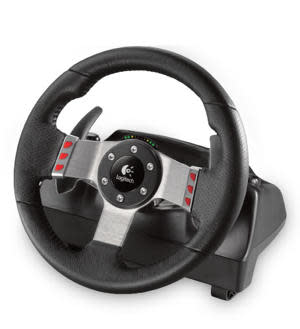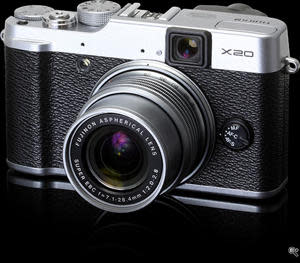Gamers lose a trusted gadget company

In 1968 Marvin Gaye and Tammi Terrell sang “ain’t nothing like the real thing, baby.” They were singing about love, but they could have been singing about gaming peripherals.
Since the dawn of the video game industry gamers have been duped and cheated by third party companies making inferior joysticks, controllers and other accessories that paled in comparison to their first party counterparts. That all changed with Logitech, a technology company that made gaming peripherals that were as good, and sometimes better, than the real thing.
The company recently stated that they’re getting out of that business. It’s just not profitable.
For gamers, this is what it sounds like when doves cry.
That, and some positive news, made the cut for this week’s tech news roundup.
Logitech out of the console game business
Gamers know buying third-party peripherals is tricky. Many of them are cheaply made and can’t stand up to the quality of gamepads and racing wheels made by Nintendo, Microsoft and Sony. Logitech, however, was always an exception.
Known for quality gaming products and top of the line universal remote controls, the company was the gold standard in the industry.
But it wasn’t enough to keep them in the business. The company reported some bad numbers for Q3 of the 2013 Fiscal Year, and will take immediate action to stem the bleeding. That means abandoning the universal remotes and gaming peripherals and focusing on tablet accessories.
New auto battery tech from Toyota, BMW
First announced in 2011, the next-generation of automobile batteries known as “lithium-air” is being developed under a partnership between Toyota Motor Corp. and BMW Group. According to cbsnews.com, the companies wish to complete a fuel-cell vehicle system by 2020, and a concept for a mid-size sports vehicle by the end of this year. They will also work together on developing lightweight technologies such as composites, which will help make cars greener.
Lithium-air batteries are said to be more powerful than the current lithium-ion vehicles used in electric automobiles. The technology will allow a major part of the battery’s energy-making process to come from the oxygen in air.
The partnership will cover a wide range of green solutions for the auto industry.
“We really share the same vision,” said BMW AG board member Herbert Diess.
He went on to say the cooperation would help both companies boost competitiveness in new technologies.
Old tech in new camera
The new Fuji X20 is packed with new technology, as you would expect from a camera that costs $600.
But, as The New York Times reports, the company also reached back into film history to aid the camera’s digital light sensor technology. To solve a problem known as the “moiré pattern,” in which wavy shadows or a rainbow seems to appear over certain images, the company looked back to analog photography.
They created a pattern called the X-Trans sensor, which the company claims will bring higher resolution and less graininess than that in the X10, which this new camera replaces.


